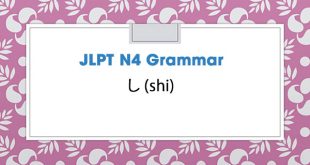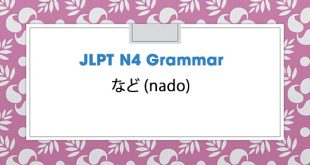はずがない (hazu ga nai)
Meaning: cannot be; it’s impossible that
How to use the:
Verb-casual + はずがない / はずはない
Noun + のはずがない / のはずはない
いadj + はずがない / はずはない
なadj + なはずがない / なはずはない
Explain:
Show the speaker’s deep suspicion about the impossible, absurd.
Example sentences:
1, わたしにそんなことがわかるはずがないでしょう?
watashi ni sonna koto ga wakaru hazu ga nai deshou.
I wouldn’t have known that, would I?
2, あの温厚な人がそんなひどいことをするははずがない。
Ano onkōna hito ga son’na hidoi koto o suru wa hazu ga nai.
That gentle person can’t do such a terrible thing.
3, この仕事を望むのは、それ以上のものを望んでもかなえられるはずがないからだ。
kono shigoto o nozomu no wa, sore ijou no mono o nozonde mo kanaerareru hazu ga nai kara da.
I want this job because it is of no use wanting anything better.
4, 雑誌がない。そんなはずがない。さっき机の上に置いたんだから。
Zasshi ga nai. Son’na hazu ga nai. Sakki tsukue no ue ni oita ndakara.
There is no magazine. That shouldn’t be. I just put it on the desk.
5, あの人は入院しているので、明日の旅行に来るはずがない。
ano hito wa nyuuin shite iru node, ashita no ryokou ni kuru hazu ga nai.
That person’s been hospitalized so he can’t possibly go on the trip tomorrow.
 Learn Japanese Free Learn Japanese Free
Learn Japanese Free Learn Japanese Free







